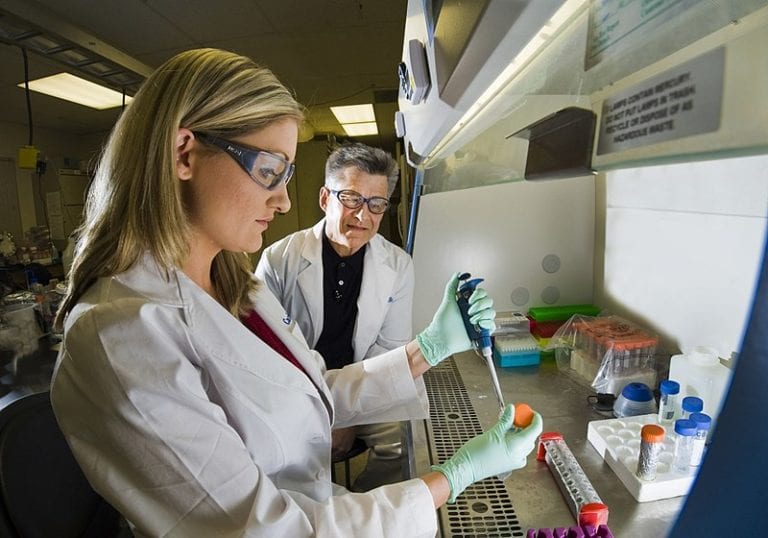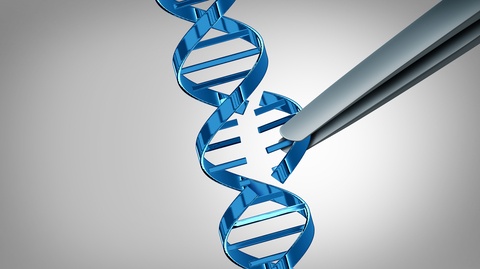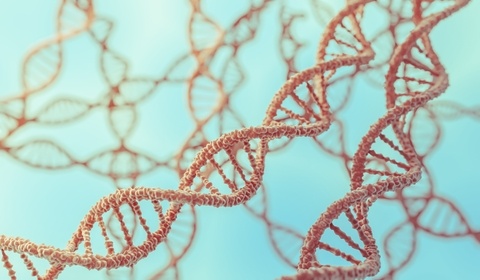Scientists Find New Way To Treat Mesothelioma
Scientists Find New Way To Treat Mesothelioma Scientists think they can find new ways to treat mesothelioma by looking at its genetic makeup. The genetic changes and interactions between cancer cells and their environment could hold the key to new therapies. This is the hope of a group of scientists from Italy who published their ideas in the International Journal of Molecular Sciences. Mesothelioma Tumor and Cancer Genetics Malignant pleural mesothelioma is a cancer caused by exposure to asbestos. One reason it is hard to treat is because it doesn’t have specific genetic targets like other types of cancer. The area around the mesothelioma tumor also makes it hard to treat. The environment around the tumor affects how the tumor…









